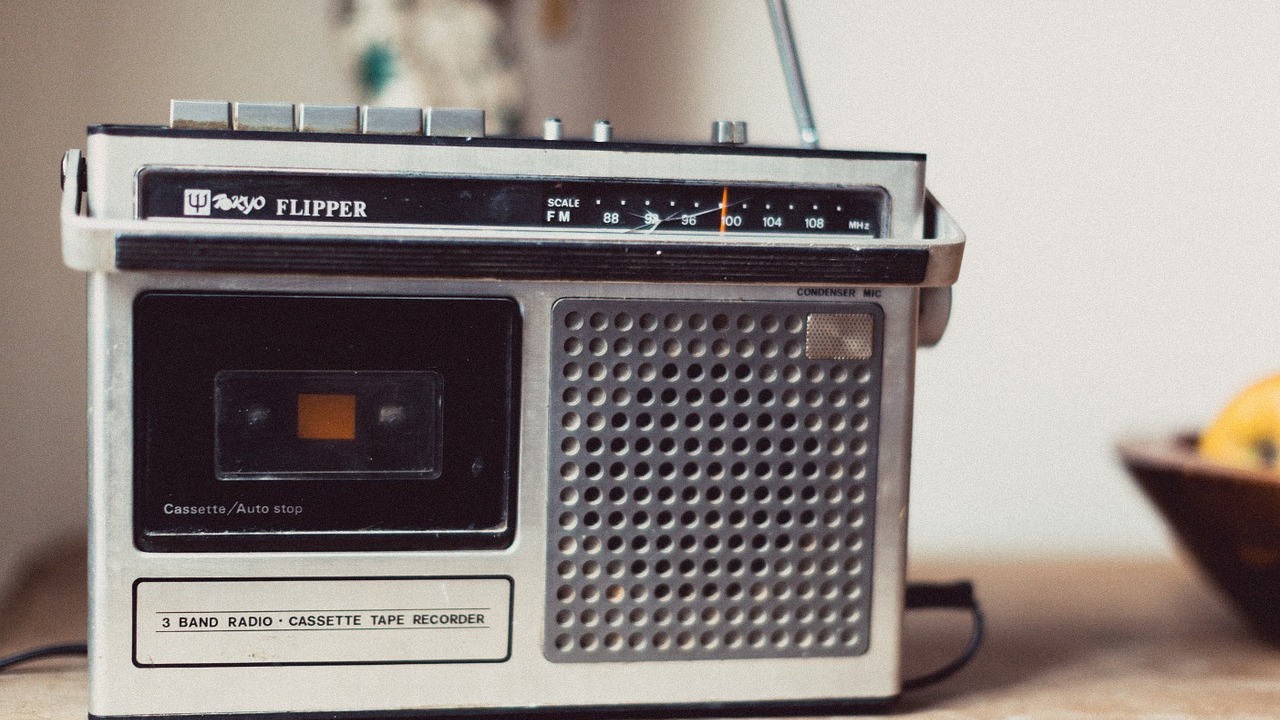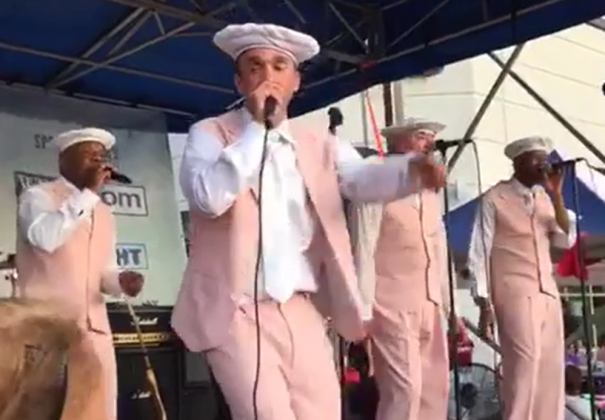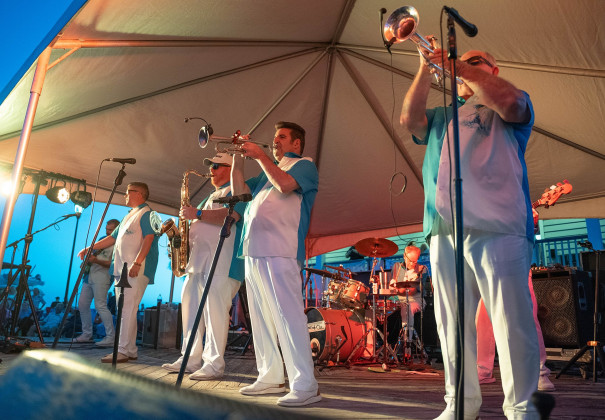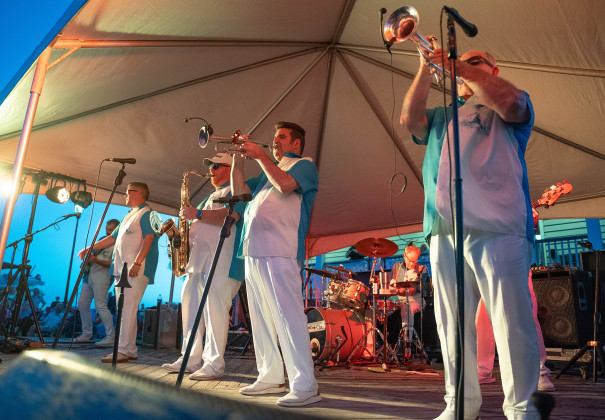
This is how I began listening and enjoying what we know now as Carolina Beach Music. It began in the early to mid-fifties and continues, a lot more, even today in the fall of 2021. It began by listening to music on the radio and this always happened late at night. You see, there was no music like this brand-new kind of music which was upbeat and had rhythm on the radio on stations in the Raleigh area of North Carolina. And it was all A.M. radio and most stations played slow love songs or country music. So after I went to sleep at night, I would take my little transistor radio and look for the music that I liked that was being played anywhere on the radio dial. I would pick out the station that I liked and I would listen for hours. I liked the rhythm and blues music that was being played by the artists of the day such as B.B.

King, doo-wop artists such as the Marcels, the Drifters, the Penguins, The Cadillacs, and the Orioles and numerous other mainly black artists. I would listen to stations in Chicago, New York, Buffalo, and other clear channel radio stations.
And all of an unexpected moment, another radio station appeared on the dial late at night and it became a remarkable favorite of mine rapidly. The station was WLAC, in Nashville, TN, was legendary for its foursome array of nighttime rhythm and blues DJs which included Gene Nobles, "John R." (John Richbourg), Herman Grizzard, and Bill "Hossman" (or just merely "Hoss") Allen. Thanks to the station's clear channel classification, the signal reached the majority of the Eastern and Midwestern United States. WLAC explained itself as the nighttime station for half the nation with 50% African-American listeners, and 50% of white young teens who liked this brand-new sort of music such as myself.

Each deejay's program lasted from one to 2 hours each night Mondays through Saturdays, occupying approximately about 6 hours between 8 p.m. and 2 a.m. Central Time. On Sunday nights, Richbourg or Allen hosted programs including black gospel recordings. Richbourg and Allen took credit for assisting or beginning or enhance the careers of artists such as James Brown, Ray Charles, B. B. King, Otis Redding, Jackie Wilson, Hank Ballard and the Mid-Nighters, Aretha Franklin; and Nobles assisted the likes of Little Richard, Chuck Berry and lots more of vocalists and bands of early rock-and-roll.
A strange irony about these DJ's was unknown to a lot of listeners as nobody understood this of that time: all four disc jockeys were in reality middle-aged white guys, not African-Americans, as their Southern, gravelly, drawling voices suggested. Richbourg and Allen in particular made regular use of colloquialisms extremely familiar with their audience, which indicated that they were "soul siblings," or "soul brothers" as that was what people were known as that day.

This new form of race music of the day quickly became known as rhythm and blues and then in the Carolinas became what we know today as Carolina Beach Music. And now Carolina Beach Music is now the official music of the Carolinas, both North Carolina & South Carolina. And Charlie Womble and Jackie McGee have made The Carolina Shag Dance has become popular everywhere and is also the official dance of both, North Carolina and South Carolina, in addition.
One more ironic twist of the WLAC radio shows was how the station sponsored the shows. The sponsors just happened to be record shops. The record stores were Randy's Record Shop of Gallatin, Tennessee, Ernie's Record Mart, and Buckley's Record Shop, of Nashville, Tennessee, which offered records by mail-order on the djs programs. This helped to offer the recordings featured on the shows and this really helped to shape the record industry for many years
So this is how I truly started to enjoy and love Carolina Beach Music and I still listen to it and dance to it here in the fall of 2021.
 Add Row
Add Row  Add
Add 




Write A Comment